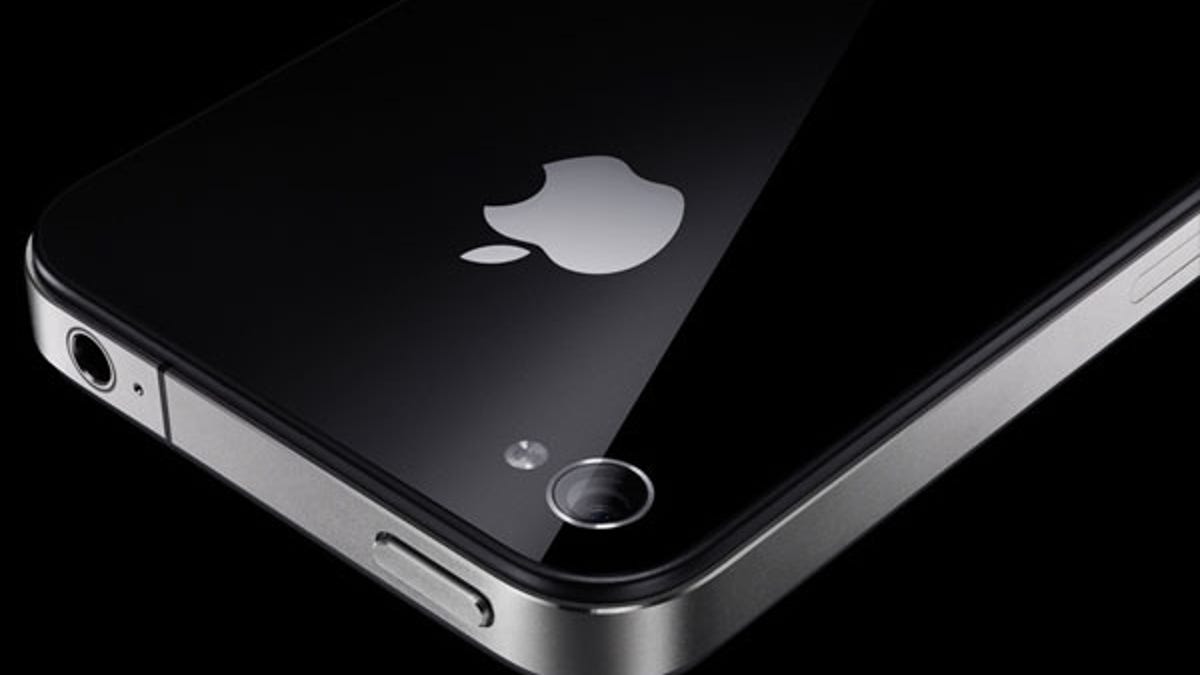Apple reportedly talks iPhone 5 LTE support with Korean carriers
Officials from Korean carriers SK Telecom and KT say they've been chatting with Apple about offering the upcoming iPhone on their LTE networks.

Will the iPhone 5 support 4G LTE? It seems almost a given at this point, but here's yet another potential sign.
Apple has been negotiating with two Korean mobile carriers to provide the iPhone 5 through their LTE networks, says the Korea Times. Officials from both SK Telecom and KT, who asked not to be identified, reportedly revealed the information.
"KT is in negotiation with Apple to persuade the latter to support KT's 1.8-gigahertz frequency in Korea for the upcoming iPhone,'' one senior KT executive said, according to Korea Times. A KT spokesperson declined to comment, the Times added.
CNET contacted Apple for comment and will update the story if we receive further information.
Both carriers are authorized Apple partners selling the iPhone in Korea, and both want the new phone to take advantage of their LTE networks. But supporting 4G LTE is trickier than supporting 3G because
In the U.S., Verizon uses a 700-megahertz frequency, while AT&T uses both 700MHz and 2.1GHz. SK and KT both use different frequencies. So the burden rests on Apple to manufacture separate iPhones with different LTE modems to support the various frequencies. That's why Apple doesn't offer Korean consumers LTE as an option on its newest iPad.
The number of Korean LTE subscribers hit 8.4 million last month, sources recently told the Korea Times.
As the country's top carrier, SK Telecom holds around 4 million subscribers, while second-place KT has around 1.4 million. The number of LTE users in the country could soar as high as 16 million by year's end. That could put more pressure on Apple to decide whether designing LTE iPhones for Korea is worth the extra cost and effort.
"If Apple's upcoming iPhone again fails to support LTE bandwidths, then this would be a very disappointing scenario as LTE is everywhere in Korea,'' an SK Telecom executive told the Korea Times.
The latest batch of rumors suggests that Apple's next iPhone will appear on stage September 12 and go on sale September 21.

